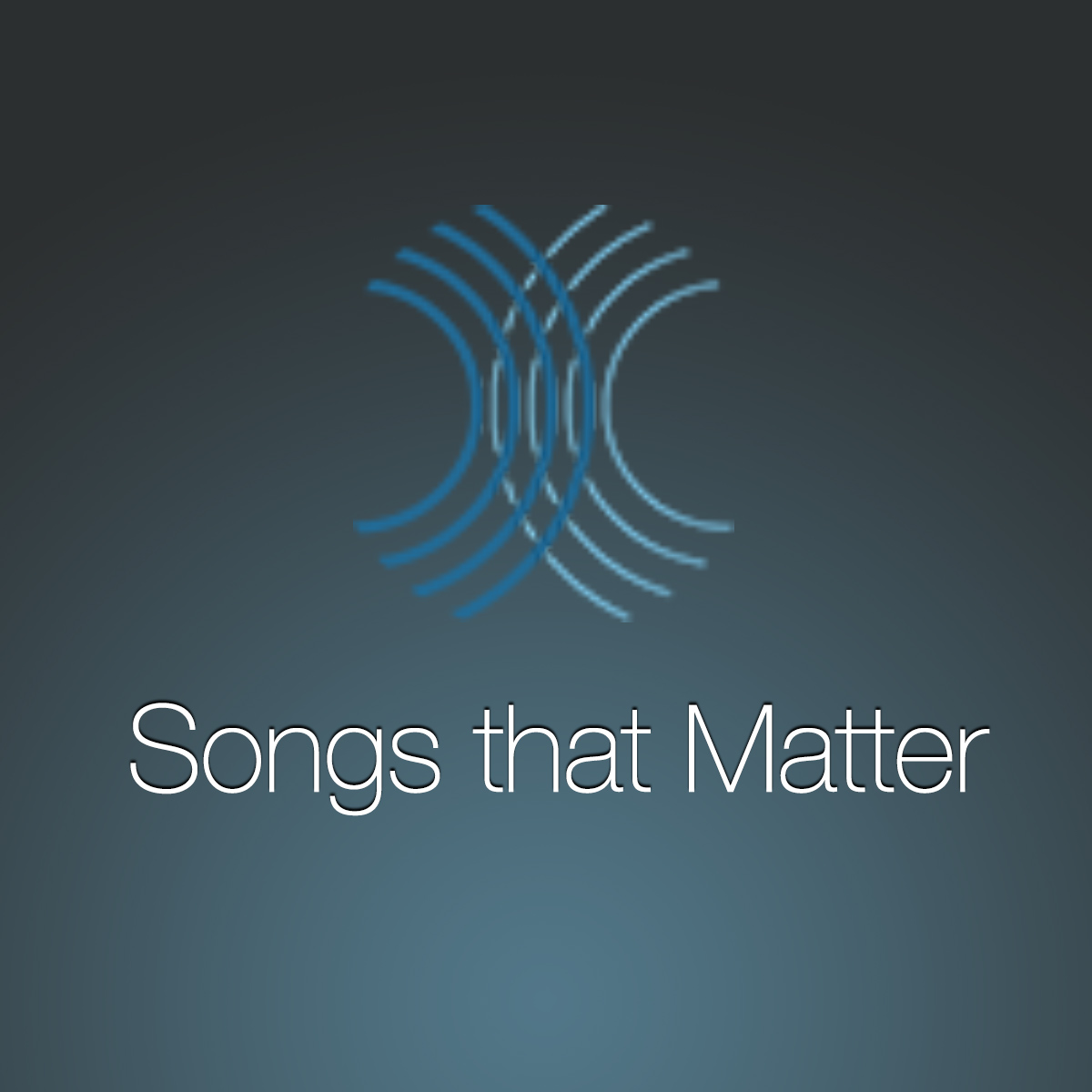AC/DC, “If You Want Blood (You Got It)”
written by Hanh Le
When I was twelve years old, my favorite movie was Empire Records. It’s a nineties cult classic about dysfunctional yet lovable teenage employees of a record store. I found the VHS cassette on the coffee table one day—my older, hipper sister must have bought it. It was a box-office flop, and has only a 24% rating on RottenTomatoes.com (which ranks it below Sharknado 3: Oh Hell No! and the Entourage movie). It makes no pretense of being a serious film, but still I gleaned from it enduring lessons about love, friendship, and working in retail. Plus it has a killer soundtrack.
The film also contains several spontaneous musical performances. In one memorable scene, the store manager, in a fit of frustration with his numskull employees, hops on the drum kit in the back office and jams along to AC/DC’s “If You Want Blood (You Got It)”. The workers mic the performance and blast the song throughout the store, dancing and singing along, hair flying. The camera pans across a row of listening booths (do those still exist?) where customers—a headbanger, a house head, a tender couple, a heartbroken Carpenters fan—commune privately with the music of their choice. In the Empire Records universe, music is a compulsive need, fused with personal identity, and always physically present, in the form of a vinyl collection or a 6-disk CD changer or a Band of Susans poster in the background.
“If You Want Blood” is classic AC/DC—blaring power chords and head-bobbing syncopated rhythms. It opens with a stuttering guitar riff and builds, over insistent, rousing drums, toward Bon Scott’s raspy snarl: “It’s criminal / There ought to be a law!” I didn’t know the song or the band when I first saw this scene, but I was immediately brought to my feet, infected by the rhythm and bopping intuitively just like the characters in the movie.
The following September, I met a girl named Sam in French class, and we learned we both loved Empire Records. It was a test of friendship I didn’t know I required. I introduced her to my friend from theater club, Deanna, and the three of us became inseparable despite our apparent differences. Sam was a rebel with red hair, years ahead of the trends, too smart for her own good. Deanna was reserved and shy but loved performing, one of a handful of Black students in our grade. And I wanted desperately to be seen as alternative and unconventional, but could only ever be the token Asian girl in class.
We were misfits who fit only together, and Empire Records was our movie. It spoke to our nascent political sensibilities, about the sacredness of song and the evils of selling out. Friends challenging and protecting one another. Damning The Man and saving the Empire. We knew every word of the script, every note of the soundtrack. At sleepovers, when the AC/DC scene came around, we all got to our feet, three oddball girls, jumping and shouting to the unlikeliest of songs—a rock n’ roll powerhouse about blood and lust in the gutter. We jokingly moshed around, we wailed on our air guitars, we emulated Scott’s idiosyncratic howling: “Ya get nothin’ for nothin’ / tell me, whooo can ya trust? / We got watchu want / and you got the lust!”
At that age we were struggling to find and be ourselves, and singing along to this wild song meant channeling a certain bravado, absorbing and imitating the band’s confidence. It was unapologetic in its sound and tone, a valuable example at a time when we were just learning to speak up for ourselves. Our obsession was not with the song, but the swagger. Whenever we heard it, if only for those few minutes, we wanted blood, too.
Hanh Ngoc Le is a freelance writer in New York City.

Average Rating